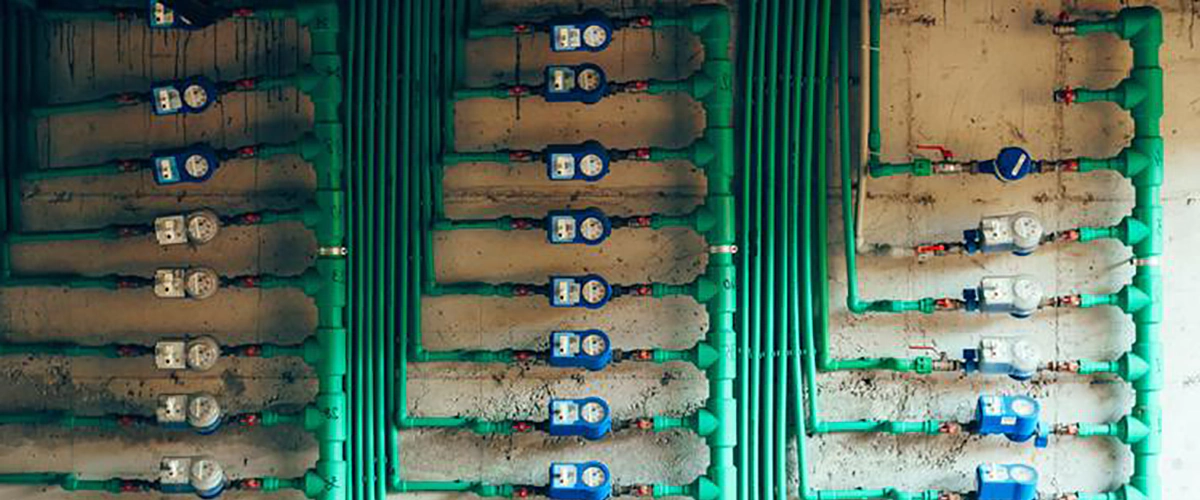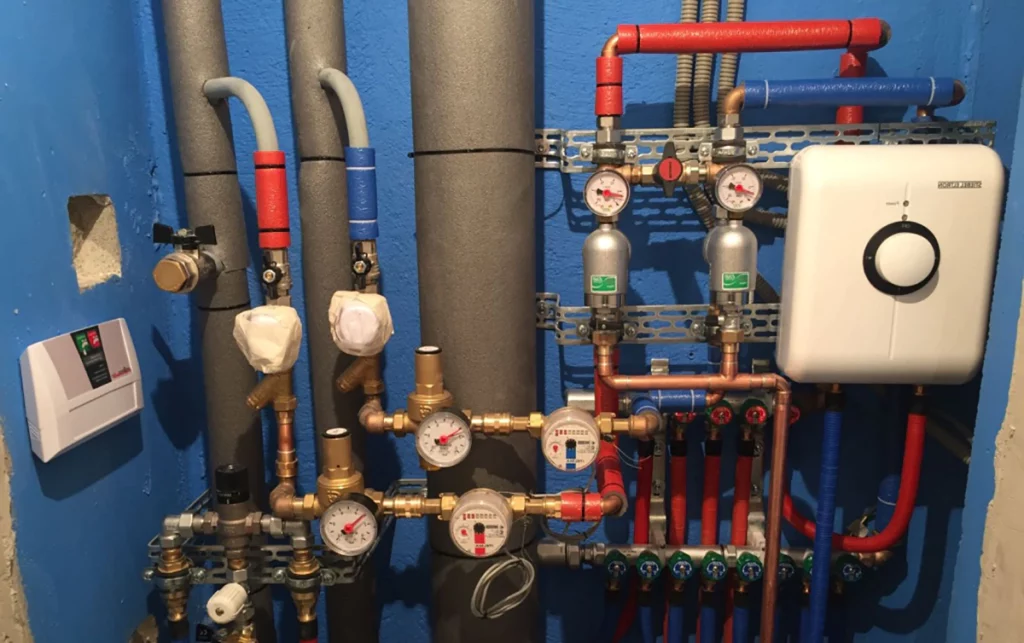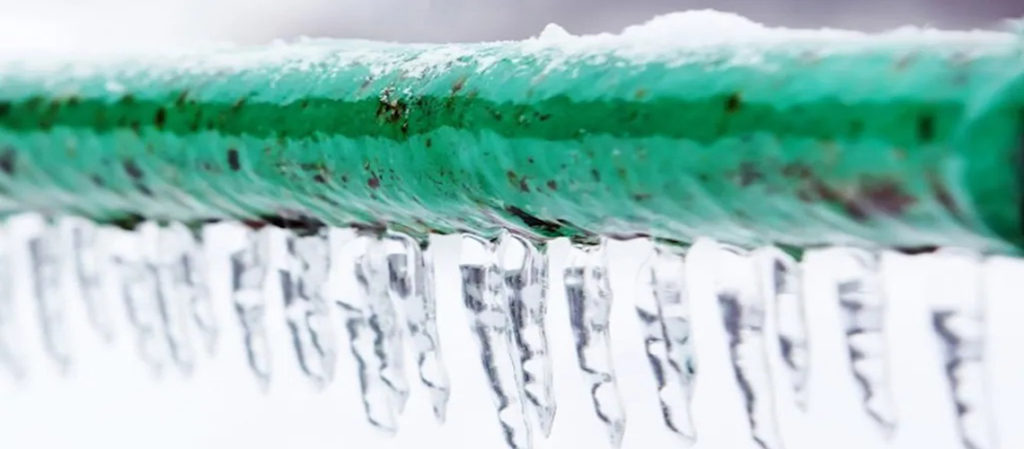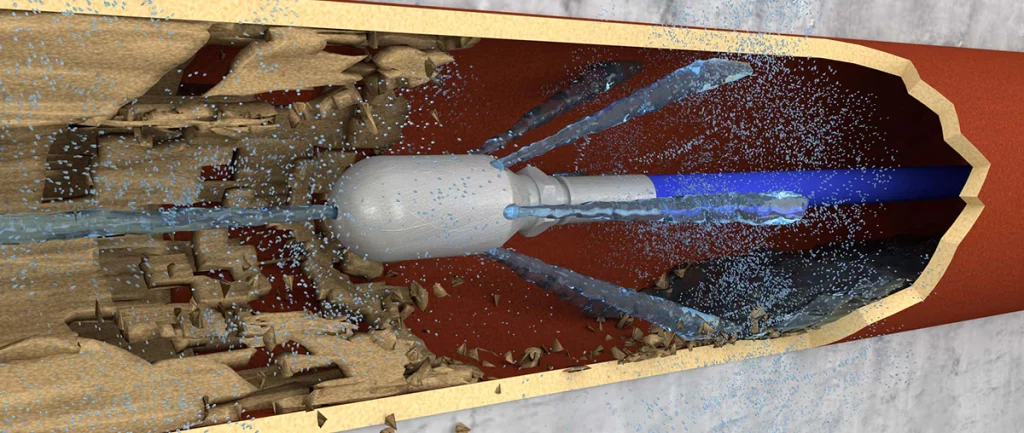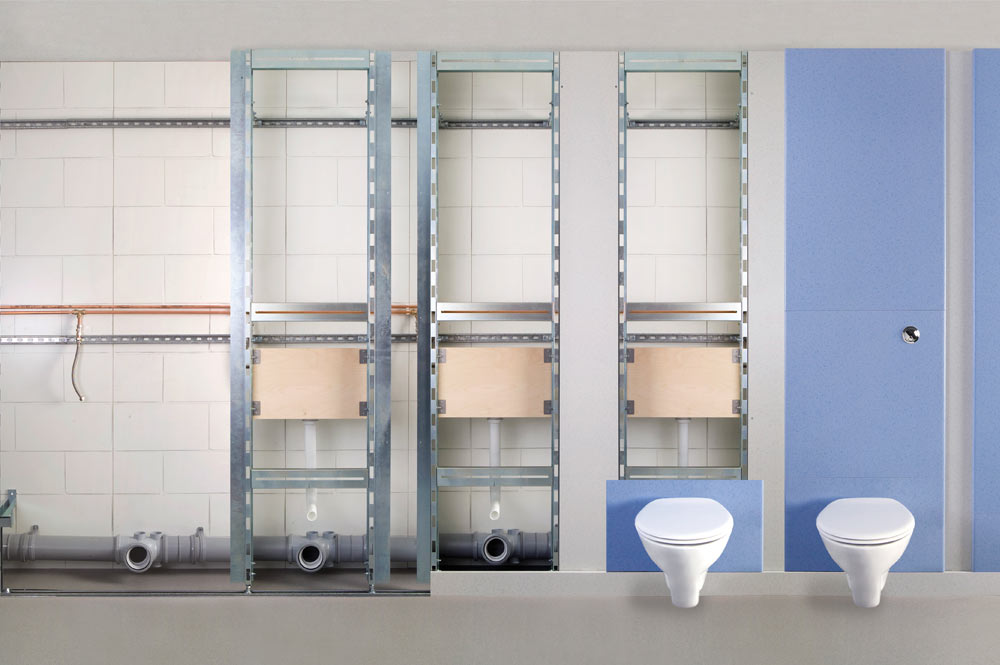Living in a high-rise comes with its perks, but it also brings about unique challenges, especially when it comes to plumbing. Here are four common plumbing problems that residents of high-rise buildings often encounter, along with insights on prevention and solutions:
Contents
1. Water Pressure Issues
Living in a high-rise apartment can be convenient, but water pressure issues are a common challenge residents often face. Understanding the causes and implementing solutions is crucial for maintaining a comfortable living environment. Here’s a detailed overview:

Causes of Water Pressure Issues:
Vertical Distance:
- The vertical nature of high-rise buildings means water has a longer distance to travel to reach upper floors. This can result in reduced water pressure, impacting various daily activities.
Pipe Corrosion and Blockages:
- Over time, pipes in high-rise buildings may experience corrosion or blockages. This can further impede water flow, exacerbating pressure issues.
Insufficient Pressure-Boosting Systems:
- Inadequate pressure-boosting systems in the building’s plumbing infrastructure may contribute to low water pressure, especially on higher floors.
Preventive Measures and Solutions:
Regular Maintenance:
- Conduct regular maintenance of the building’s water supply system. This includes inspecting pipes for corrosion, blockages, and leaks. Timely repairs can prevent pressure issues.
Pressure-Boosting Systems:
- Consider installing pressure-boosting systems, especially if you notice consistent low water pressure. These systems can enhance water flow to higher floors.
Leak Identification and Repair:
- Promptly identify and repair any leaks in the plumbing system. Leaks can significantly contribute to water pressure problems.
Water Pressure Testing:
- Periodically conduct water pressure testing to monitor the performance of the plumbing system. This proactive approach helps identify potential issues before they become severe.
Resolving Water Pressure Issues:
Professional Assessment:
- If water pressure problems persist, seek professional plumbing assistance. A thorough assessment by experts can identify underlying issues and provide tailored solutions.
Community Awareness:
- Encourage a community-wide awareness of responsible water usage. This can help in collectively addressing and preventing water pressure issues.
2. Pipe Leaks and Burst Pipes: Common Challenges in High-Rise Living
Living in a high-rise comes with its own set of challenges, and one of the prevalent issues residents face is pipe leaks and, in extreme cases, burst pipes. Understanding the causes and implementing preventive measures is essential for maintaining a secure and comfortable living environment. Here’s a comprehensive overview:

Causes of Pipe Leaks and Burst Pipes:
Vertical Stress:
- The vertical structure of high-rises puts immense stress on plumbing pipes. Over time, this stress can lead to wear and tear, making pipes more susceptible to leaks and bursts.
Temperature Fluctuations:
- Sudden temperature changes, especially in colder climates, can cause pipes to contract and expand. This repeated stress weakens the pipes, increasing the likelihood of leaks or bursts.
Corrosion:
- Corrosion is a common issue in plumbing systems. The gradual deterioration of pipes due to corrosion weakens their structure, making them prone to leaks.
High Water Pressure:
- Elevated water pressure, whether due to the building’s plumbing design or other factors, can contribute to pipe stress. This increased pressure can lead to leaks or, in severe cases, burst pipes.
Preventive Measures and Solutions:
Routine Inspections:
Regular inspections of the building’s plumbing system are essential. Identify and address any signs of corrosion, leaks, or weak points in the pipes promptly.
Insulation:
- In colder climates, insulating pipes can prevent freezing and subsequent bursts. Adequate insulation helps maintain the structural integrity of pipes during temperature fluctuations.
Pressure-Relief Valves:
- Installing pressure-relief valves in the plumbing system can help regulate water pressure, reducing stress on the pipes and minimising the risk of leaks or bursts.
Swift Repairs:
- If leaks are detected, immediate repairs are crucial. Swift action can prevent further damage and mitigate the impact on multiple units within the building.
Community Awareness:
Responsible Water Usage:
- Raising awareness about responsible water usage within the community can contribute to preventing excessive stress on the plumbing system, reducing the likelihood of leaks and burst pipes.
Reporting Mechanisms:
- Encourage residents to promptly report any signs of leaks or plumbing issues to building management. Quick reporting facilitates swift action and minimises potential damage.
3. Drainage Problems in High-Rise Living: Causes and Solutions
Living in a high-rise apartment presents its unique challenges, and one common issue residents often encounter is drainage problems. Slow-draining sinks, showers, or toilets can be frustrating, but understanding the causes and implementing preventive measures can ensure a smooth and efficient plumbing system. Here’s an in-depth exploration:

Causes of Drainage Problems:
Clogs and Blockages:
- Accumulation of debris, hair, soap scum, and other materials can lead to clogs in the drains. This is a common cause of slow drainage in high-rise buildings.
Inadequate Ventilation:
- Poor ventilation in the plumbing system can impede the smooth flow of wastewater. This may result in sluggish drainage and unpleasant odours.
Damaged Pipes:
- Over time, pipes can deteriorate or develop cracks, impacting drainage efficiency. Damaged pipes may cause leaks or contribute to slow drainage.
Improper Waste Disposal:
- Residents disposing of non-biodegradable items or excessive amounts of grease down drains can contribute to clogs, exacerbating drainage problems.
Preventive Measures and Solutions:
Responsible Waste Disposal:
- Educate residents about responsible waste disposal. Avoid flushing non-biodegradable items or excessive amounts of grease down drains to prevent clogs.
Regular Professional Drain Cleaning:
- Schedule regular professional drain cleaning sessions. This can prevent the build-up of debris and ensure the smooth flow of wastewater.
Ventilation System Check:
- Ensure proper ventilation in the plumbing system. Adequate venting helps maintain optimal pressure, preventing slow drainage and foul odours.
Timely Repairs:
- Promptly address any damages or cracks in pipes. Timely repairs can prevent further deterioration, contributing to efficient drainage.
Community Awareness:
Reporting Drainage Issues:
- Encourage residents to report drainage problems promptly. A quick response from building management can prevent the issue from affecting multiple units.
Resident Education:
- Promote awareness about the importance of proper waste disposal and the impact of individual actions on the overall plumbing system. Informed residents contribute to a healthier plumbing environment.
4. Water Quality Concerns in High-Rise Living: A Comprehensive Guide
Ensuring clean and safe water is crucial for high-rise residents, but water quality concerns can sometimes arise. Understanding the potential issues and implementing preventive measures is essential for maintaining a healthy living environment. Here’s a detailed exploration of water quality concerns in high-rise living:

Common Causes of Water Quality Concerns:
Ageing Pipes:
- The gradual deterioration of ageing pipes can introduce contaminants into the water supply, impacting quality.
Corrosion:
- Corrosion of plumbing materials, particularly in older buildings, can lead to the presence of rust and other particles in the water.
Contaminant Ingress:
- External factors such as pollutants or contaminants entering the water supply can compromise water quality.
Microbial Growth:
- Stagnant water in pipes, especially in less frequently used areas of a high-rise, can lead to microbial growth and affect water quality.
Preventive Measures and Solutions:
Regular Water Quality Testing:
- Implement regular water quality testing to identify any impurities or contaminants. This proactive approach helps in early detection and intervention.
Upgrade Plumbing Systems:
- Consider upgrading plumbing systems with corrosion-resistant materials. Modern pipes and fittings can significantly reduce the risk of introducing contaminants.
Water Filtration Systems:
- Install water filtration systems at key points in the building. This can help remove impurities and improve the taste and odour of the water.
Flushing Protocols:
- Implement flushing protocols for less frequently used water outlets. Regularly flushing these outlets helps prevent microbial growth and maintains water quality.
Resolving Water Quality Issues:
Professional Assessment:
- If residents notice discoloured water or experience unusual tastes and odours, a professional assessment of the plumbing system is essential. This can identify the source of the issue and provide targeted solutions.
Community-Wide Education:
- Conduct awareness campaigns to educate residents about the impact of individual actions on water quality. Encouraging responsible water usage can contribute to overall water quality improvement.
Living in a high-rise requires proactive measures to address common plumbing issues. Regular inspections, timely repairs, and resident education play vital roles in maintaining a reliable and efficient plumbing system. By staying vigilant and addressing plumbing concerns promptly, residents can ensure a comfortable living environment in their high-rise homes.
FAQs
Regular maintenance of the building’s water supply system is crucial. Ensure pipes are free from corrosion and blockages, and consider installing pressure-boosting systems to improve water flow.
Contact your building management or maintenance team immediately. If possible, turn off the main water supply to your unit to minimise damage. Quick reporting and response are essential to prevent extensive water damage.
Practise responsible waste disposal and avoid flushing non-biodegradable items. Regular professional drain cleaning and ensuring proper ventilation in the plumbing system can help prevent drainage issues.
Water quality concerns can arise due to ageing pipes, corrosion, or contaminants. Regular water quality testing, upgrading plumbing systems with corrosion-resistant materials, and installing water filters can address and prevent water quality issues.
Report the issue to building management and conduct thorough water quality testing. Upgrading pipes, installing filters, and addressing potential contaminants can help improve water quality and eliminate discolouration or strange tastes and odours.



